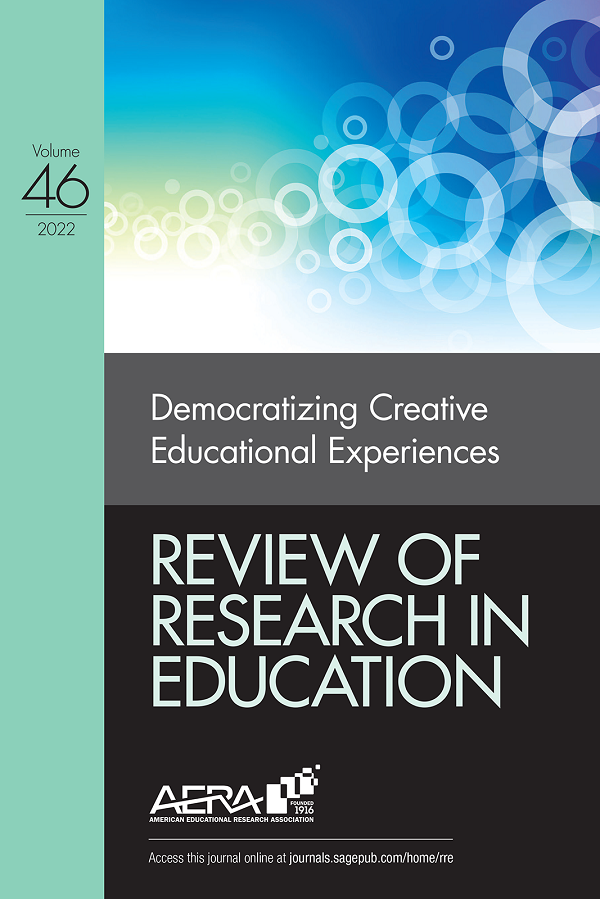走向失败分析科学:叙述性回顾
IF 2.4
1区 教育学
Q1 EDUCATION & EDUCATIONAL RESEARCH
引用次数: 2
摘要
当研究人员在随机对照试验中测试一项教育计划、产品或政策,并发现对结果有显著影响时,这种干预通常被归类为“有效”的东西。当没有发现预期的效果时,很少有对合理原因进行有序和透明的分析。从可能的失败机制中积累和学习并不是教育研究的标准做法,在设计干预措施时考虑到失败的原因也不常见。本章发展了Boruch和Ruby的命题,即教育科学将受益于对失败的系统研究。我们回顾并分类了最近在K-12学校教育中产生至少一个无效或负面主要结果的大规模随机对照试验的报告,包括事件的性质和发生的原因(如果有的话)。我们的目的是引入一个广泛的框架来思考那些没有产生预期效果的教育干预措施,并建立一个关于干预措施何时、如何以及为什么没有达到预期的累积知识库。个人干预未能产生结果的原因并不直截了当,但当研究人员的报告被综合起来时,主题就出现了。本文章由计算机程序翻译,如有差异,请以英文原文为准。
Toward a Science of Failure Analysis: A Narrative Review
When a researcher tests an educational program, product, or policy in a randomized controlled trial and detects a significant effect on an outcome, the intervention is usually classified as something that “works.” When expected effects are not found, there is seldom an orderly and transparent analysis of plausible reasons why. Accumulating and learning from possible failure mechanisms is not standard practice in education research, and it is not common to design interventions with causes of failure in mind. This chapter develops Boruch and Ruby’s proposition that the education sciences would benefit from a systematic approach to the study of failure. We review and taxonomize recent reports of large-scale randomized controlled trials in K–12 schooling that yielded at least one null or negative major outcome, including the nature of the event and reasons (if provided) for why it occurred. Our purpose is to introduce a broad framework for thinking about educational interventions that do not produce expected effects and seed a cumulative knowledge base on when, how, and why interventions do not reach expectations. The reasons why an individual intervention fails to elicit an outcome are not straightforward, but themes emerge when researchers’ reports are synthesized.
求助全文
通过发布文献求助,成功后即可免费获取论文全文。
去求助
来源期刊

Review of Research in Education
EDUCATION & EDUCATIONAL RESEARCH-
CiteScore
15.70
自引率
0.00%
发文量
14
期刊介绍:
Review of Research in Education (RRE), published annually since 1973 (approximately 416 pp./volume year), provides an overview and descriptive analysis of selected topics of relevant research literature through critical and synthesizing essays. Articles are usually solicited for specific RRE issues. There may also be calls for papers. RRE promotes discussion and controversy about research problems in addition to pulling together and summarizing the work in a field.
 求助内容:
求助内容: 应助结果提醒方式:
应助结果提醒方式:


